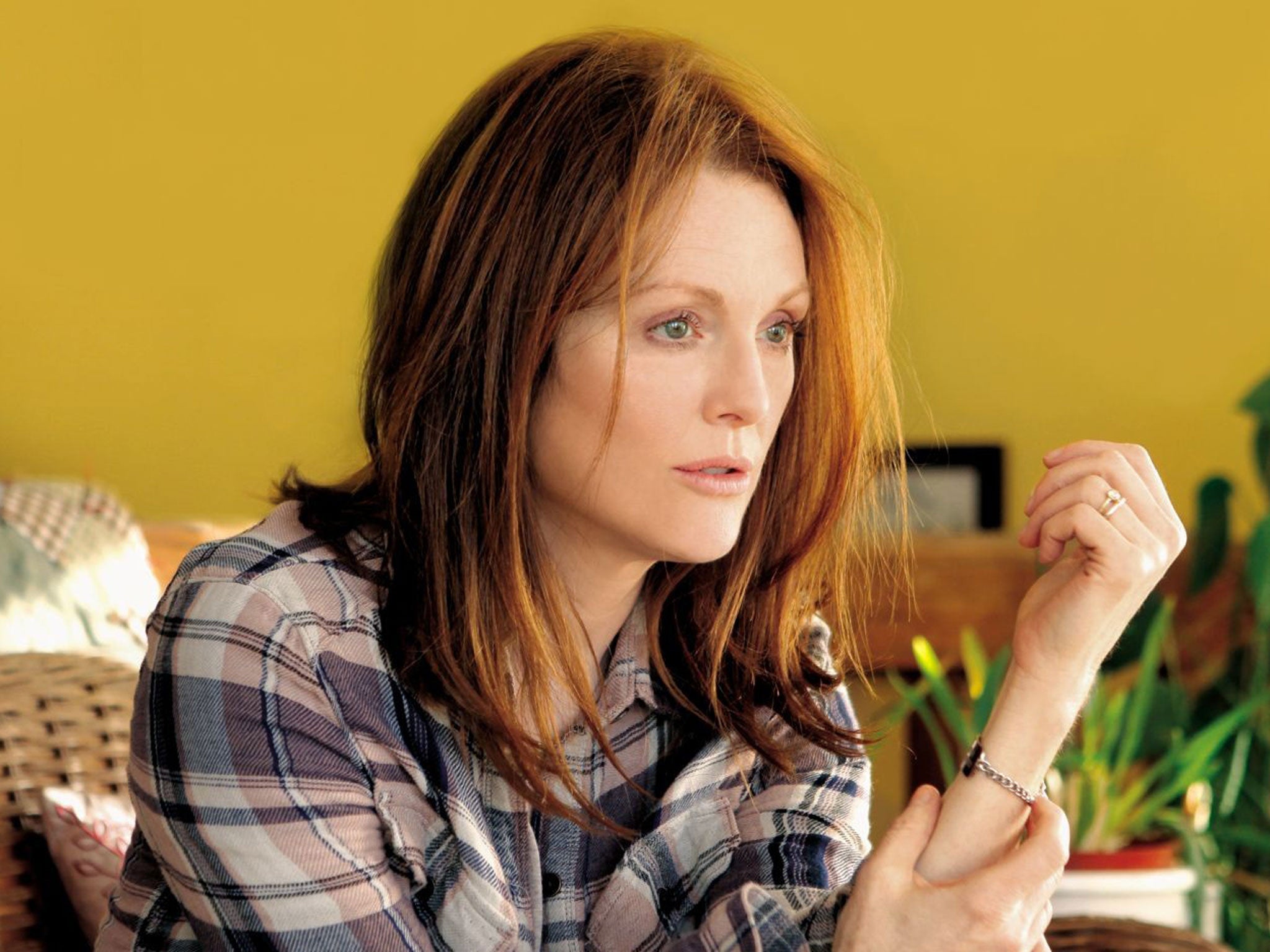The focus of this election must be the NHS
It is fiscally inconceivable for the cost to the public purse to carry on soaring at this rate

Your support helps us to tell the story
From reproductive rights to climate change to Big Tech, The Independent is on the ground when the story is developing. Whether it's investigating the financials of Elon Musk's pro-Trump PAC or producing our latest documentary, 'The A Word', which shines a light on the American women fighting for reproductive rights, we know how important it is to parse out the facts from the messaging.
At such a critical moment in US history, we need reporters on the ground. Your donation allows us to keep sending journalists to speak to both sides of the story.
The Independent is trusted by Americans across the entire political spectrum. And unlike many other quality news outlets, we choose not to lock Americans out of our reporting and analysis with paywalls. We believe quality journalism should be available to everyone, paid for by those who can afford it.
Your support makes all the difference.In an attempt to escape the banality of leaders’ kitchens and television debates, I – belatedly – went to see Still Alice the moving film about a woman’s struggle with early onset Alzheimer’s.
The Alzheimer’s Society last year revealed that the costs of dealing with Alzheimer’s, and other forms of dementia, has risen to a staggering £26bn a year. The number of people affected by Alzheimer’s may hit 850,000 this summer and be as high as 2 million by 2050.
This is a drop in the ocean compared to obesity. The management consultants McKinsey last year estimated that obesity and related illnesses cost the UK nearly £47bn a year. The costs of treating the medical effect of obesity are over £6bn to the NHS; those of treating diabetes £10bn. It is estimated that the obesity figure could rise to £10-12bn by 2030.
Already today, 25 per cent of the UK is obese, 37 per cent overweight. How much do we spend on obesity prevention? A piffling £638m. So, let’s hear less about kitchens and more about how we eat and move, eh? According to the King’s Fund, the NHS accounted for 3.4 per cent of GDP 50 years ago Today, spending on the NHS is nearly two-and-a-half times greater at 8.2 per cent - and seven times more in real terms.
In 50 years’ time we could be spending 20 per cent of GDP on public health and social care. How many of us know anything about this? Where is the discussion about it? For instance, is it only a “debt” or a “burden”? Would the positives of spending so much outweigh the negatives?
Already the NHS costs as much as education plus defence. It is fiscally inconceivable for the cost to the public purse to carry on soaring at this rate without either cutting other services (like defence) beyond recognition. It seems politically impossible to contemplate the introduction of minor charges, eg £5 to see a GP. But this is what we should be thinking about and debating, where the focus of the election should be: on policies, not on whether or not Ed Miliband is a geek.
Stefano Hatfield is editor-in-chief of High50.
Join our commenting forum
Join thought-provoking conversations, follow other Independent readers and see their replies
Comments